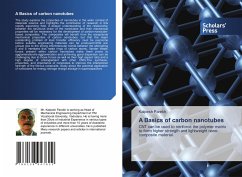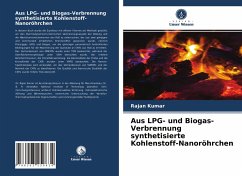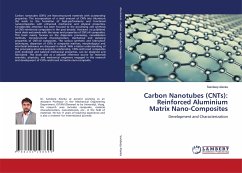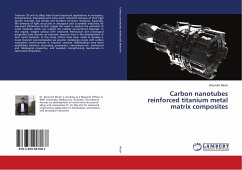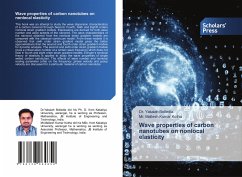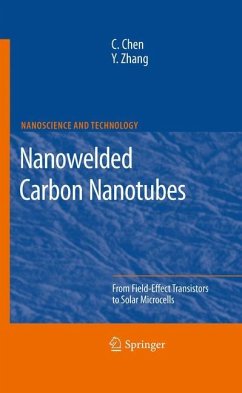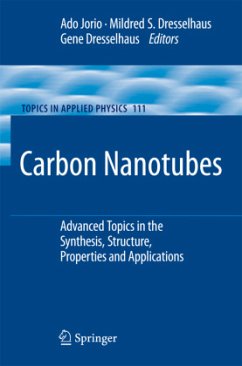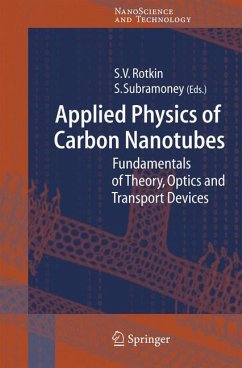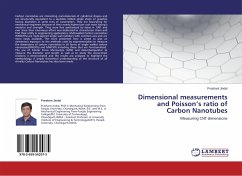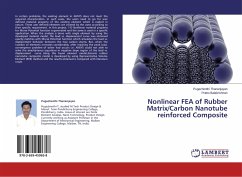
Carbon Nanotubes Synthesized from LPG and Biogas Combustion
Versandkostenfrei!
Versandfertig in 6-10 Tagen
30,99 €
inkl. MwSt.

PAYBACK Punkte
15 °P sammeln!
In this book, open flame synthesis has been selected as a method to study the thermodynamic chemical combustion aspect of the formation and growth mechanisms of soot obtained from two domestic fuels commonly and commercially available fuel known as Liquefied Petroleum Gas (LPG) and Biogas to establish the favourable parametric controlled conditions for maximizing the yield of CNTs derived from soot. The presence of MWCNTs was observed under TEM, while surface morphology was viewed under SEM. Mean tube diameter, chirality distribution, constituents of the sample and crystallinity of CNTs were o...
In this book, open flame synthesis has been selected as a method to study the thermodynamic chemical combustion aspect of the formation and growth mechanisms of soot obtained from two domestic fuels commonly and commercially available fuel known as Liquefied Petroleum Gas (LPG) and Biogas to establish the favourable parametric controlled conditions for maximizing the yield of CNTs derived from soot. The presence of MWCNTs was observed under TEM, while surface morphology was viewed under SEM. Mean tube diameter, chirality distribution, constituents of the sample and crystallinity of CNTs were observed under XRPD. Raman Spectroscopy is used to identify the presence of SWCNTs and purity of CNTs. Quality and thermal stability of CNTs has been checked by TGA.



